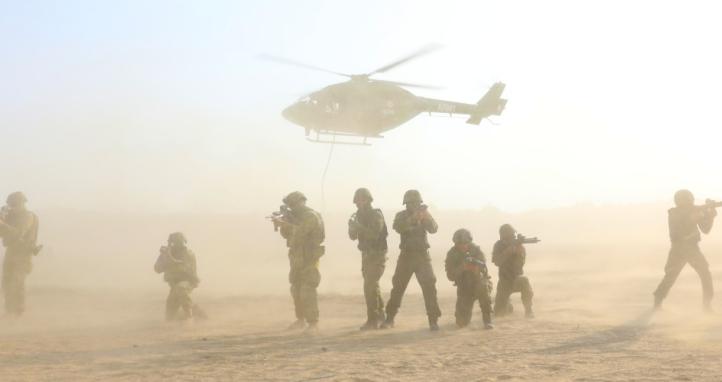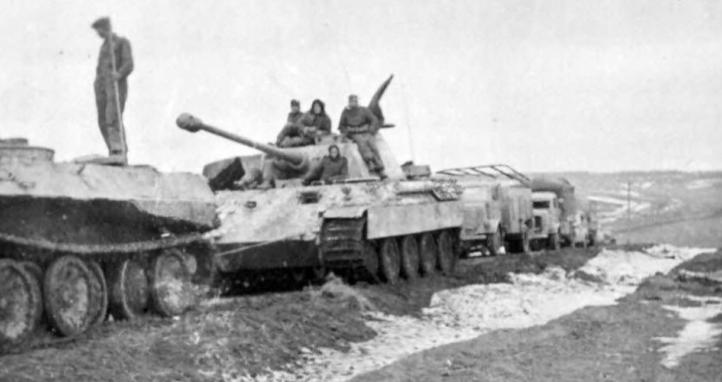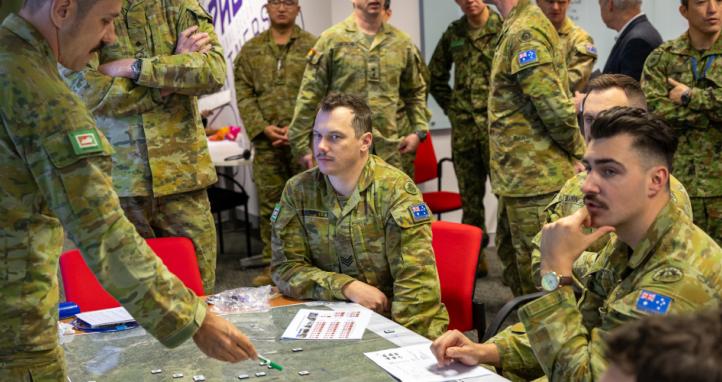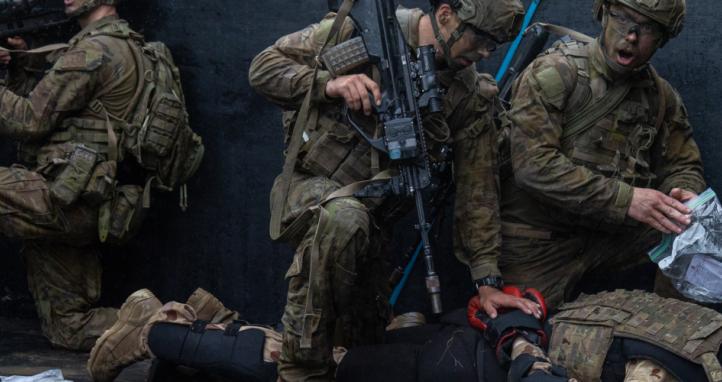In this article, 'War in the Fourth Industrial Revolution' via War on the Rocks, authors Lieutenant General Davis Barno and Dr Nora Bensahel discuss how the Fourth Industrial Revolution will change the nature of future wars.
Referring to Klaus Schwab in his famous book, The Fourth Industrial Revolution, the authors highlight that "The Fourth Industrial Revolution promises to be unprecedented in both its global effects and disruptive power". They then ask the question: how does this affect how we fight future wars and what will it take to win?
The article identifies five elements that are already transfiguring our current battlefields:
- Space and cyber – there is no precedent for how warfare will play out in this domain. The crippling nature of targeting vital communications systems will affect a military's land, air and sea capabilities.
- Artificial intelligence, big data, machine learning, autonomy, and robotics – military operations enabled by artificial intelligence (AI) may unfold so quickly that the effective responses of this technology could take the human out of the decision cycle.
- The return of mass and the defensive advantage – smarter, smaller and cheaper weapons with swarming destructive power are readily available.
- A new generation of high tech weapons – the evolution of weapon systems are increasing the speed, range and destructive powers of conventional weapons.
- The unknown x-factor – secret weapon systems used for the first time in the next war may make it impossible to predict battlefield dynamics.
The authors highlight that the emerging characteristics of the Fourth Industrial Revolution indicate the unprecedented nature of future battles, weapons and tactics. While traditionally the study of warfare was based on the review and analysis of history, the authors argue that this must be augmented by a lens that focuses on the future.
The article concludes with the idea that as the disruptive potential of the Fourth Industrial Revolution unfolds, long held beliefs, doctrine and experience may need to be set aside in order to "objectively assess how to fight and win in coming years".









